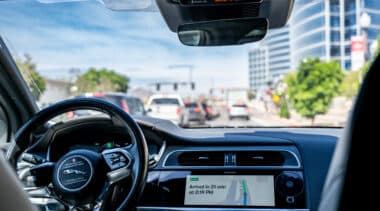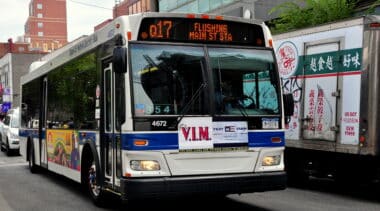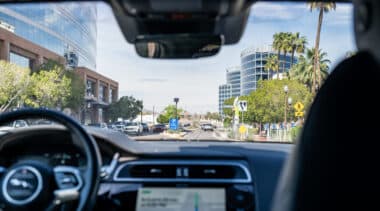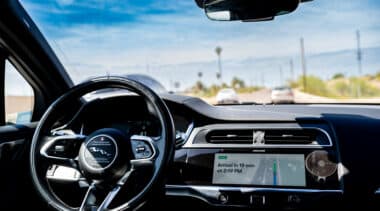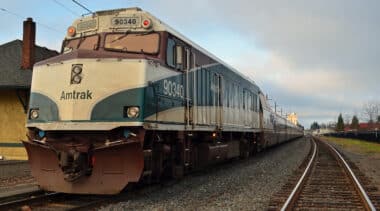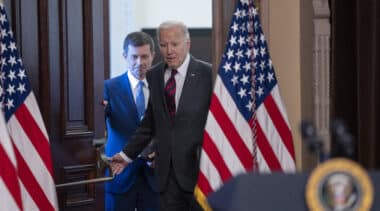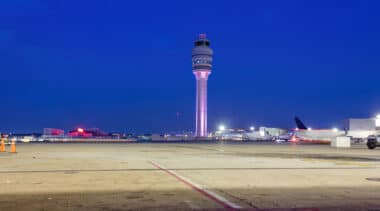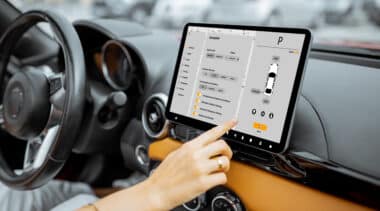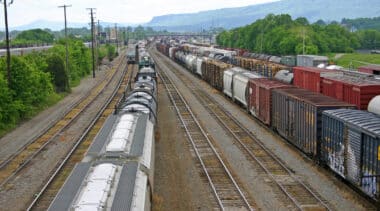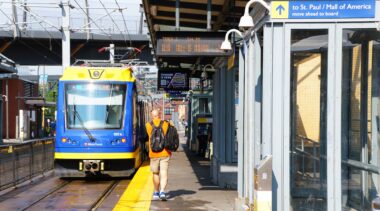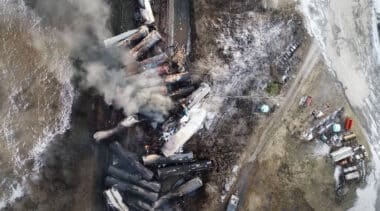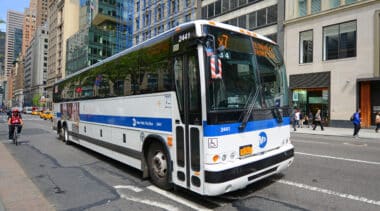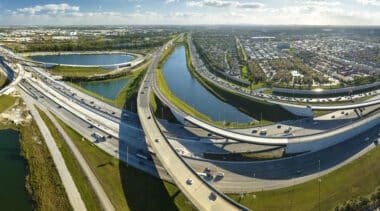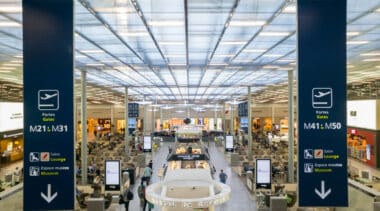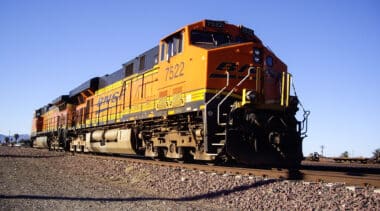Marc Scribner is a Senior Transportation Policy Analyst at Reason Foundation.
-
Montana Senate Bill 67 would stall automated vehicle progress
Montana needs a workable regulatory framework for vehicles equipped with automated driving systems. However, Senate Bill 67 has several problems.
-
Addressing the transit productivity crisis
Public transit ridership is unlikely to recover to pre-pandemic levels within the next decade.
-
Delaware Senate Bill 46 would ban autonomous vehicles
Automated vehicle technology under development could greatly improve road safety and efficiency.
-
Tennessee Senate Bill 310 would prohibit driverless vehicles
Automated vehicle technology could greatly improve road safety and efficiency.
-
STB should reject Amtrak’s claim to absolute preference over freight rail
Adopting Amtrak’s dubious absolute preference standard runs counter to the public interest by violating principles of Congress’s transportation policy.
-
Midnight regulations pursued by the Biden administration’s Department of Transportation
The Fall 2024 Unified Agenda lists 222 active rulemaking projects at the U.S. Department of Transportation.
-
Modernizing air traffic control infrastructure requires institutional modernization
Institutional problems are undermining efforts to modernize infrastructure needed to support continued air traffic volume growth in the National Airspace System.
-
Policy discussions around rail safety regulation should consider the role of standards
Any proposed safety regulation should address an identified market failure and avoid short-circuiting the continual evolution of safety-enhancing technologies, standards, and operating practices.
-
Massachusetts Question 3 would authorize a union and collective bargaining for ride-hail drivers
The new labor framework would be overseen by state regulators, who would approve agreements between the parties.
-
Regulatory agenda may offer glimpse into a potential Harris administration’s transportation automation policy
It's possible Vice President Kamala Harris' close ties to Silicon Valley could lead her potential administration to adopt a more positive and forward-looking view on transportation automation.
-
Mandatory reciprocal switching won’t enhance transportation competition
Mandatory reciprocal switching “will lead to decreased network velocity, diminished capital investments into the freight rail network, and deteriorating rail intermodal service levels.”
-
Revenue, ridership, and post-pandemic lessons in public transit
The consensus in the transportation research community is nationwide transit ridership is unlikely to recover its pre-pandemic ridership levels in the next decade.
-
Takeaways from the NTSB’s final report on the East Palestine derailment
The agency’s findings suggest that a major legislative response from Congress is not needed to advance rail safety.
-
Congress must address the transit productivity crisis
Public transit ridership in the United States fell during the COVID-19 pandemic and, as of the first quarter of 2024, has only recovered 76.2% of its 2019 riders.
-
Annual Privatization Report 2024 — Aviation
Reviewing developments in the United States and worldwide regarding private-sector participation in airports and air traffic control.
-
EPA should deny a Clean Air Act waiver for California’s locomotive emissions regulation
The California Air Resource Board’s In-Use Locomotive Regulation mandates unproven technology and would impose large compliance costs.
-
How to reduce the cost of replacing Baltimore’s Key Bridge
Congress should waive costly federal regulations to help ensure that taxpayer dollars are not wasted and construction is completed in a timely fashion.

